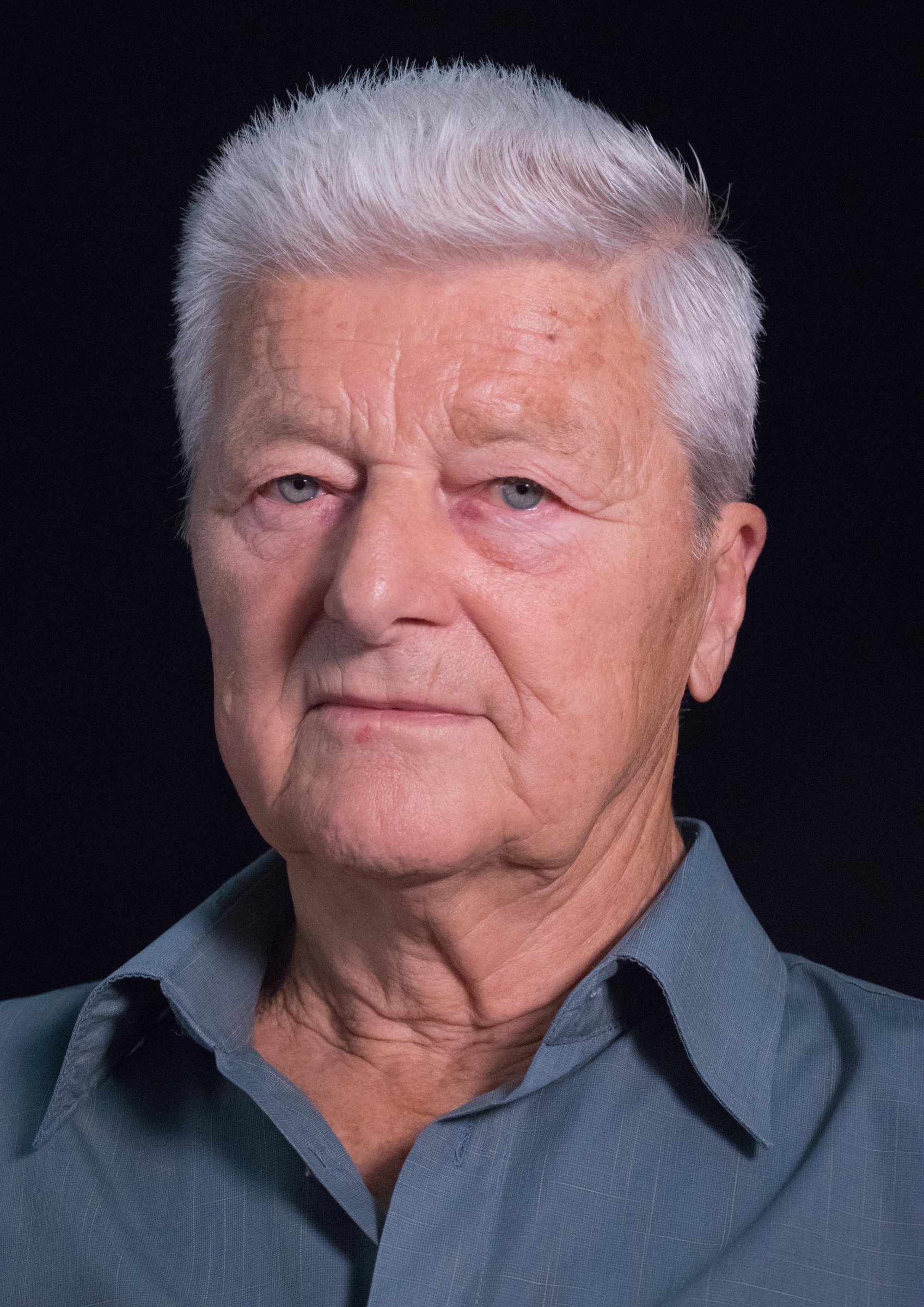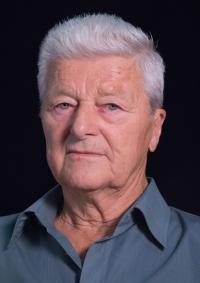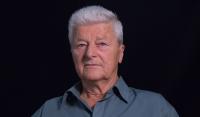The worst thing about the communists was them taking revenge on the children

Stáhnout obrázek
Bohumír Baxa was born on 22 May 1934 in Hromnice near Pilsen where his father owned a joiner workshop. His nice childhood was terminated when the German troops invaded Czechoslovakia. The Baxa family took part in the resistance. Bohumír‘s parents were arrested and he himself was intended for re-education in a German family. In the end, he was saved by one of his uncles promising to bring him up in loyalty towards Nazi Germany. He had rejoined his parents after the end of the war. His uncle Antonín Liška spent the wartime abroad, serving as a RAF pilot. The communist takeover in 1948 brought their family new complications. Antonín Liška was deprived of all functions and worked as a parquet layer. Due to his bad cadre profile, Bohumír was not admitted to a general high school and instead trained to become a bricklayer. Later, he was able to graduate from a school of engineering and in the 1960s, finished university education. After 1968, he got into ever more trouble for disagreeing with the Soviet occupation of Czechoslovakia. He worked most of his life in construction, both as a common bricklayer and as a lead project architect.

